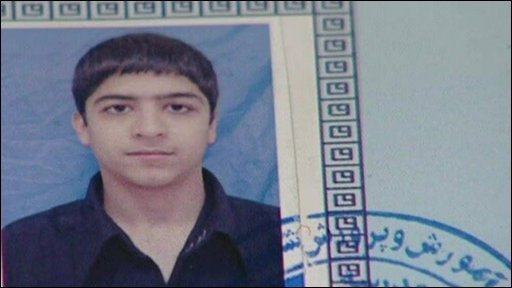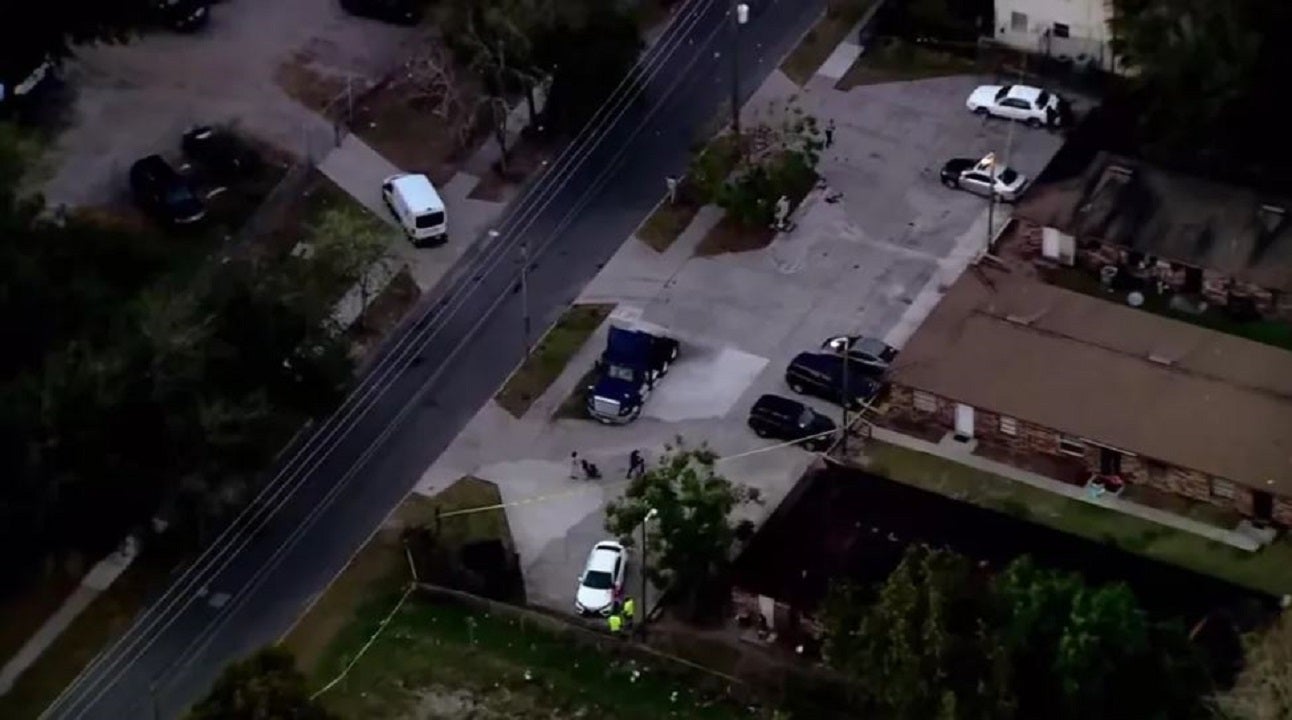Iran: Capital Punishment For Mosque Attack Convicts

Table of Contents
H2: Details of the Mosque Attack in Shiraz
H3: The Victims and the Scale of the Tragedy
The October 2022 attack on the Shah Cheragh shrine in Shiraz, a revered site for Shia Muslims, was a horrific act of terrorism. The massacre resulted in the deaths of at least 15 innocent people and injured dozens more. Victims ranged in age, encompassing both the young and elderly, highlighting the indiscriminate brutality of the attack. This Shiraz attack, a brazen assault on a place of worship, sent shockwaves throughout the nation and the world. The sheer scale of the tragedy underscores the devastating impact of such acts of violence on innocent civilians. Keywords: massacre, terrorism, Shiraz attack, Shah Cheragh shrine, victims.
H3: The Perpetrators and Their Motives
Authorities have identified and apprehended individuals responsible for the attack. While investigations are ongoing, the individuals have been linked to extremist groups, with some alleging affiliations with ISIS. Their motives remain under scrutiny; however, statements suggest a desire to incite sectarian violence and destabilize the region. The capture and subsequent trial process have faced scrutiny from international human rights organizations concerned about due process. Keywords: ISIS, terrorist group, extremist ideology, investigation, perpetrators.
- Number of victims: At least 15 confirmed deaths, with many more injured.
- Age range of victims: Victims spanned a wide age range, including children and the elderly.
- Details about the attackers’ background: Information is limited, but reports suggest links to extremist groups.
- Alleged affiliations with terrorist organizations: Alleged links to ISIS and other extremist organizations are under investigation.
H2: Iran's Legal System and the Death Penalty
H3: The Legal Process Leading to the Death Sentences
The legal proceedings leading to the death sentences have been criticized by international human rights organizations. Concerns have been raised regarding the fairness and transparency of the trial, with questions about due process and the provision of adequate legal representation. The speed of the trial has also raised eyebrows, potentially limiting the opportunities for a thorough defense. Keywords: Iranian judicial system, due process, fair trial, legal proceedings.
H3: International Condemnation of Iran's Use of the Death Penalty
Iran's use of the death penalty has long been a source of international condemnation. Organizations like Amnesty International and Human Rights Watch consistently highlight Iran's high execution rate and concerns about the lack of transparency and fairness in the judicial system. The death sentences handed down in this case have added fuel to the fire, drawing further criticism for violating international human rights standards and international law. Keywords: human rights violations, international law, death penalty abolition, global condemnation.
- Summary of the legal process: A relatively swift trial with limited details publicly available.
- Key criticisms of the legal process: Lack of transparency, concerns about due process, and rapid sentencing.
- Statements from international human rights organizations: Strong condemnation of the death sentences and concerns about human rights violations.
- Mention of any appeals process: The availability and effectiveness of any appeals process remain unclear.
H2: The Broader Context of Religious and Political Tensions
H3: Sectarian Conflicts and Regional Instability
The attack on the Shah Cheragh shrine must be understood within the broader context of regional instability and existing sectarian tensions. The Middle East is a region marked by complex religious and political fault lines, with long-standing conflicts contributing to an environment where extremist ideologies can flourish. The attack highlights the fragility of peace and the continued threat posed by extremist groups. Keywords: sectarian violence, regional conflict, political instability.
H3: The Impact on Iran's Domestic and International Relations
The attack and the subsequent death sentences have significant implications for Iran's domestic and international relations. Domestically, it could exacerbate existing societal tensions and potentially lead to further unrest. Internationally, it could further strain relationships with countries critical of Iran's human rights record. The diplomatic fallout is likely to be significant, potentially impacting trade and cooperation with other nations. Keywords: international relations, domestic politics, diplomatic fallout.
- Discussion of regional geopolitical tensions: The region is characterized by long-standing conflicts and power struggles.
- Potential impact on Iran’s relations with neighboring countries: The incident could further damage Iran’s relations with regional rivals.
- Impact on domestic security and stability: The attack and its aftermath could contribute to instability within Iran.
3. Conclusion
The attack on the Shah Cheragh shrine in Shiraz was a brutal act of terrorism that resulted in the tragic loss of innocent lives. The subsequent death sentences handed down by the Iranian authorities have drawn sharp international criticism, raising serious concerns about human rights violations and due process. This case underscores the complex interplay of religious and political tensions in the region and highlights the ongoing challenges facing Iran in its domestic and international relations. Understanding the intricacies of Iran: Capital Punishment for Mosque Attack Convicts requires careful consideration of the multifaceted factors at play. Stay updated on Iran's capital punishment policies and learn more about the death penalty debate to better comprehend the ongoing developments surrounding this case. Engage in respectful discussions about this critical human rights issue.

Featured Posts
-
 Bueckers Huskies Of Honor Induction A Dom Amore Perspective
May 19, 2025
Bueckers Huskies Of Honor Induction A Dom Amore Perspective
May 19, 2025 -
 Crisis En El Cne Analisis De La Militarizacion De La Sesion Electoral
May 19, 2025
Crisis En El Cne Analisis De La Militarizacion De La Sesion Electoral
May 19, 2025 -
 Florida State University Shooting Family Background Of A Victim
May 19, 2025
Florida State University Shooting Family Background Of A Victim
May 19, 2025 -
 What Time Does Eurovision 2025 End Duration Explained
May 19, 2025
What Time Does Eurovision 2025 End Duration Explained
May 19, 2025 -
 Wnba Draft 2024 Paige Bueckers Entry Shakes Up Predictions
May 19, 2025
Wnba Draft 2024 Paige Bueckers Entry Shakes Up Predictions
May 19, 2025
